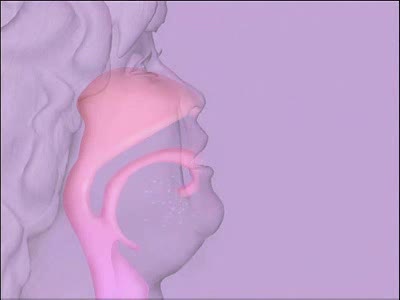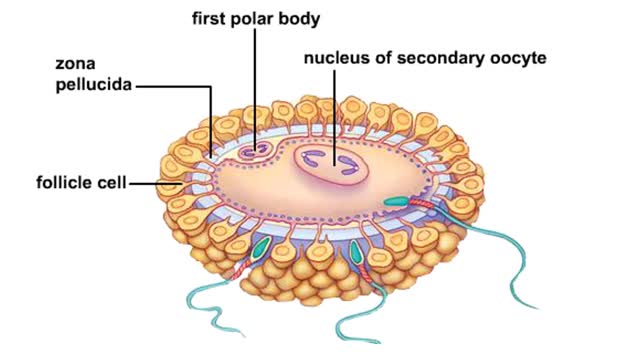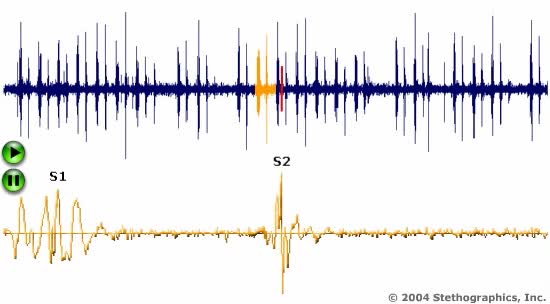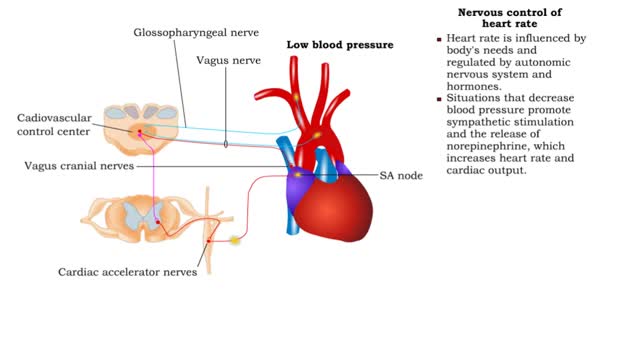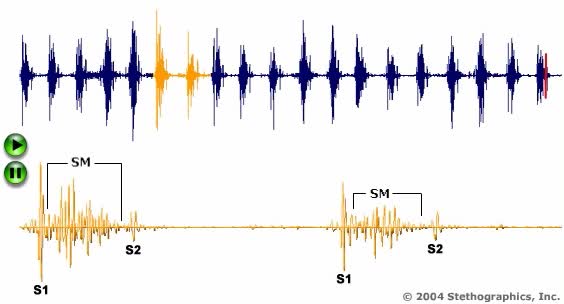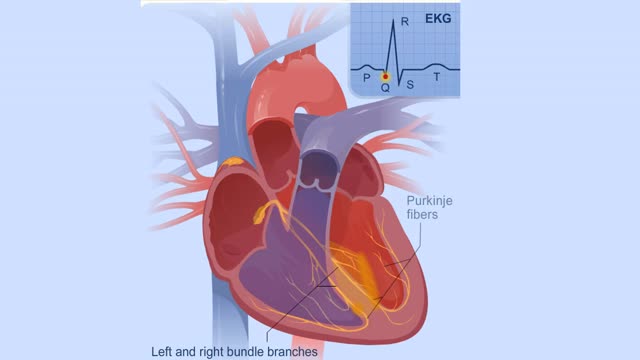Search Results
Results for: 'Heart complications'
By: Administrator, Views: 14152
Angina is a type of chest pain caused by reduced blood flow to the heart. Angina (an-JIE-nuh or AN-juh-nuh) is a symptom of coronary artery disease. Angina, which may also be called angina pectoris, is often described as squeezing, pressure, heaviness, tightness or pain in your chest.
By: Administrator, Views: 14040
A heart attack occurs when an artery supplying your heart with blood and oxygen becomes blocked. Fatty deposits build up over time, forming plaques in your heart's arteries. If a plaque ruptures, a blood clot can form and block your arteries, causing a heart attack.
By: Administrator, Views: 14044
Coronary heart disease accounted for 23.5 percent of all deaths in the U.S. in 2008. According to the Centers for Disease Control and Prevention (CDC), about 735,000 Americans have a heart attack each year. Warning signs and symptoms include chest pain or discomfort and shortness of breath. Ex...
Rh blood type and complications during pregnancy & Fertilization
By: HWC, Views: 8197
Complications can arise if an Rh- woman is impregnated by an Rh+ man. The fetus maybe Rh+. During childbirth, some of the fetal Rh+ cells may leak into the maternal bloodstream. The woman's immune system views the Rh+ as foreign and makes antibodies against it. If the woman becomes pr...
By: Administrator, Views: 13459
Everything you need to know about your heart
By: Administrator, Views: 870
An electrocardiogram (ECG, EKG) is a commonly used procedure in which the electrical events associated with the beating of the heart are evaluated. (A) Skin electrodes are applied to the chest wall, which send electrical signals to a computer that interprets the signals into graph form. An ele...
By: HWC, Views: 10861
• Heart rate is determined by the rate of depolarizations of the sinoatrial (SA) node. • Cardiac output is directly proportional to heart rate, the greater the heart rate the greater the cardiac output. • Changes in heart rate are associated with exercise, stress or injury. Nervous ...
By: Administrator, Views: 509
An electrocardiogram (ECG, EKG) is a commonly used procedure in which the electrical events associated with the beating of the heart are evaluated. (A) Skin electrodes are applied to the chest wall, which send electrical signals to a computer that interprets the signals into graph form.
Electrical Conduction System of the Heart
By: HWC, Views: 9774
Your heart is a muscle that works continuously, much like a pump. Each beat of your heart is set in motion by an electrical signal from within your heart muscle. The electrical activity is recorded by an electrocardiogram. known as an EKG or ECG. Each beat of your heart begins with an electric...
Advertisement



